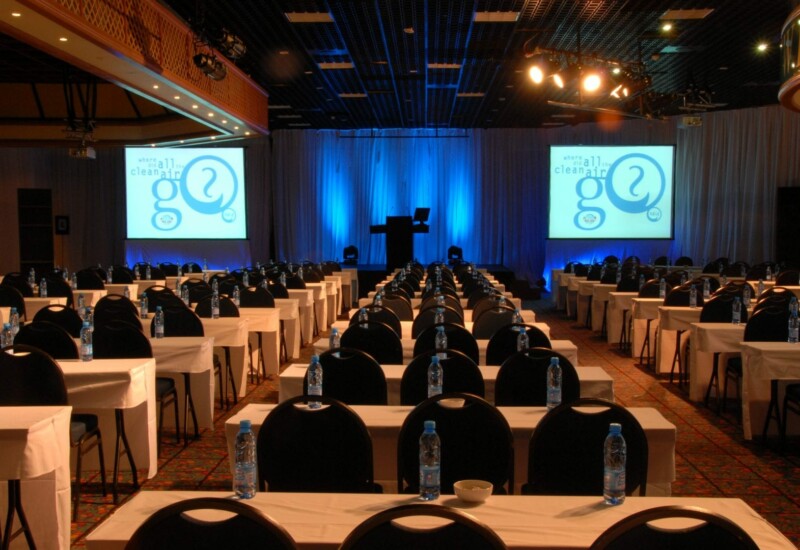Choosing the best event venue is critical to your event’s overall success. While venue planning and sourcing can take time, it doesn’t have to be totally overwhelming. For many, professional event planners and amateurs alike, it can actually be a fun challenge.
Assuming that you already know the type of event you are planning and also its goals that it is set to achieve, there are a few other factors must be considered as you begin the process of selecting the venue.
The following roadmap will help guide you through steps in choosing the perfect event space.
1. Identify Your Audience and Your Guest List
When you are planning an event, one of the key pieces of information you must know, is who are your guests?
While the type of event will certainly dictate the venue choice, one of the main limiting factors for an event space is its capacity.
Make sure that you have an accurate estimate of the number of guests as this will immediate limit your venue options. You should also consider your attendees. Be sure that the venue reflects not only the event itself, but also the also attendee’s tastes.
2. Event Dates
Check your calendar because timing will influence many decisions, including your venue of choice. After your guest list, the date of your event will be the next limiting factor. Are there other events running that day that may affect your attendance figures?
Is it around school holidays or public or even religious holidays?
You may find that you either have to be flexible with your event date to get the venue you want or you will have to be flexible with your venue choice in order to get the date you want.
3. Your Budget
With an open-ended budget, anyone can plan a great event and have an infinite selection of venue choices. But this is usually not the case. Finances are usually limited and you must be aware from the beginning of what your, or your clients, financial limitations are. An event planner can always plan a great event within a reasonable budget.
4. View Different Locations
Once the guest list numbers and possible event dates are narrowed, it’s important to identify the best locations where the event could be held.
Hotels and event or conference centres are some of the most popular event spaces for corporate events and wedding receptions, because they already have most of the infrastructure already in place. Based on the theme of your meeting, what three best locations come to mind?
- Find the Right Type of Event Space
The venue you choose must have an appropriate space for the type of event you are planning. Do you need a dance floor? A PA system? Speakers requirements like a podium or stage, or special microphones?
How will you set up your tables? What sort of seating plans will you be having?
5. Consider Venue Restrictions
In addition to finding the right type of event space, you will want to look into the types of other services offered by the venue and decide their value to your event.
Some venues will also have a preferred suppliers list from which you must work to find vendors or suppliers for other services. Other venues have restrictions on decor or other aspects on the event itself. Make sure you know what these are.
6. Venue Reputation
A venue’s reputation for service is crucial. This is often the difference between holding a good event and a great event.
The way a venue manages its facilities, staff, and clients will always be remembered. What do other people say about them? Check them out online, or call other companies that have dealt with them before.
7. Schedule a Site Inspection
Every event planner should conduct a full site inspection before contracting any venue. Pictures can be extremely helpful, but there are many aspects that can only be evaluated in person.
Make sure you do a tour of the venue including everything from the parking to the entrance and the event space to the bathrooms.
These tips should help any event planner, experienced or novice – to make sure the venue is en pointe for their event!







